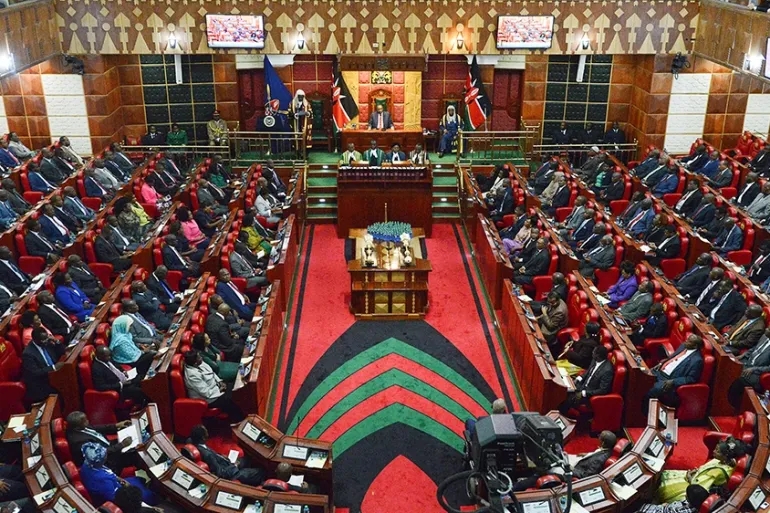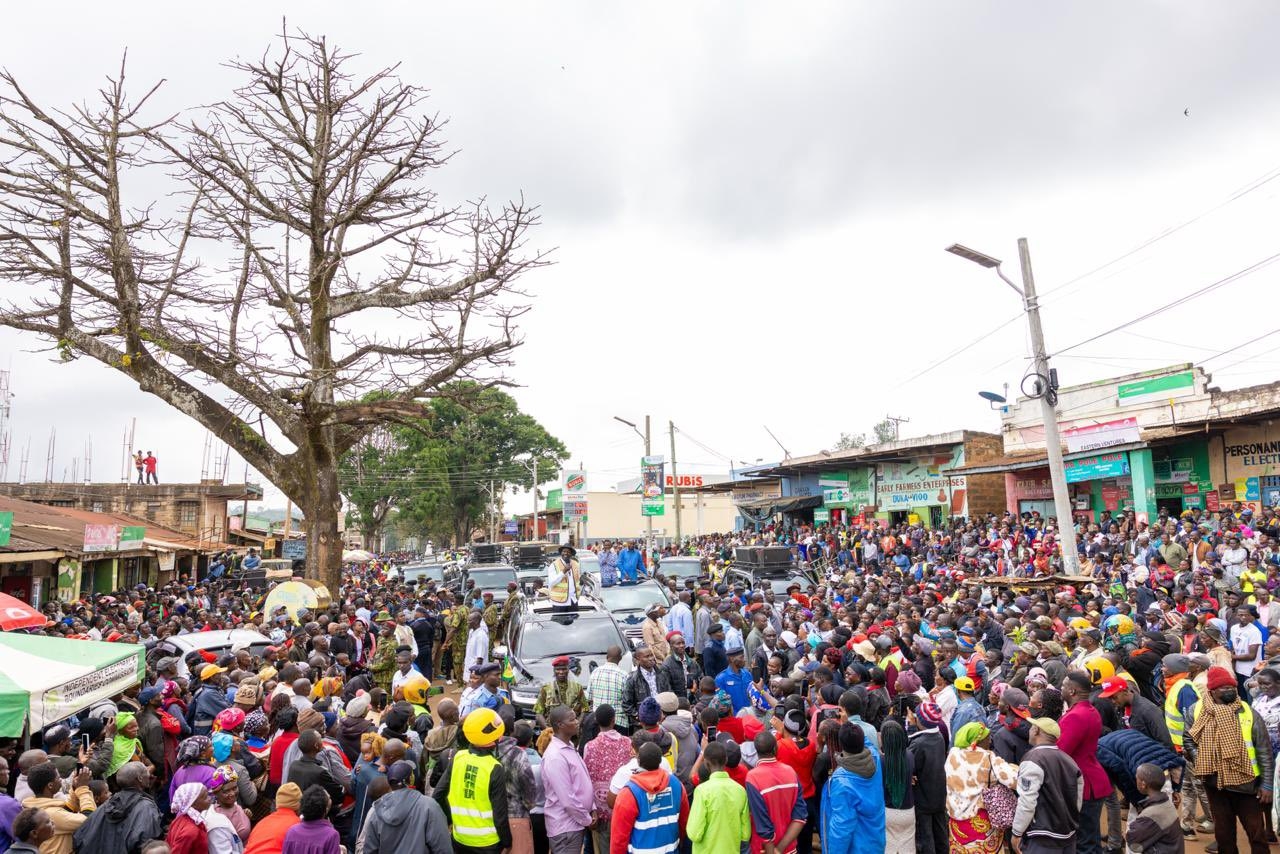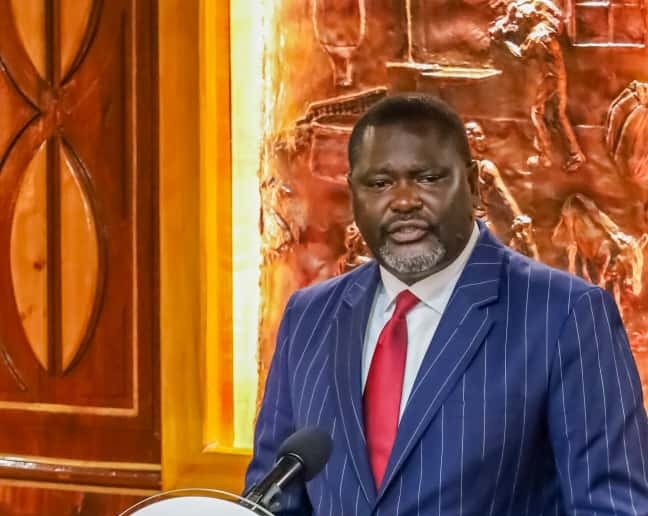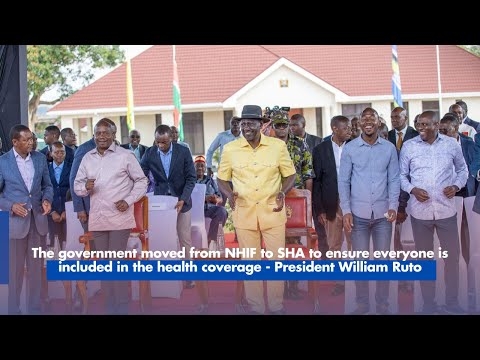The term of the presidential task force appointed “to review the legal and regulatory framework governing religious organisations” is expiring in the next few days.
At the time the force was appointed, more than 200 bodies had been discovered at Shakahola in Kilifi county. The body count is now more than 500, and counting.
Six months after the matter broke, investigations by various criminal and legislative bodies are still ongoing and Pastor Mackenzie and other suspects remain in police custody, with court appearances now and then.
The task force led by Mutava Musyimi and other eminent persons was appointed in May and given a wide mandate to review the registration of religious organisations and related matters. As the team prepares to deliver its report to President William Ruto, it remains to be seen what it has achieved given that many issues are still under investigation.
One might say the focus of the task force – the registration of religious organisations – remains relatively unaffected by the ongoing investigations. Yet that would miss the mark by a mile. The criminal investigations, the task force, the Senate probe and perhaps even the court case, all converge on Shakahola.
Typically, a task force is a melting pot of specialists, professionals and prominent persons from various fields. They come together to bring their expertise and experience to deliberate the matters at hand in order to come up with recommendations that go beyond what existing institutions would have delivered.
For example, it is baffling why it took so long for the public and those with missing relatives to report anything to the existing security agencies. Many other questions remain unanswered.
It would appear that existing institutions were somehow unable to prevent the unfortunate events that led to the death of the victims. Such are the kinds of things that task forces look into.
While the various Shakahola teams seek to deliver their respective mandates, some overlaps may occur. Care is taken, especially related to the court case, not to make any prejudicial statements. The Mutava task force was premised largely on public hearings, from whose presentations it was expected to sit down with experts to give recommendations to the President.
To meet the constitutional requirement, one of the first things the task force did was to publish a schedule of public hearings across the country. The announcement published in the national newspapers listed dates for sittings in all the 47 counties, and the task force split into three teams in order to work efficiently.
It remains to be seen what the report will say about the public hearings. However, if my experience is anything to go by, it leaves a lot to be desired. Nairobi was listed at the bottom of the hearings on August 2, 7 and 8 at the Kenyatta International Convention Centre.
Unlike other counties, it had three days set aside for hearings. Besides my interest in public communications and public participation in the task force, I have been following some of the presentations in other counties.
However, when it came to Nairobi, alas! It was impossible to give oral presentations. Circumstances conspired against the public since the KICC was difficult to access that week. WorldCoin was trending, and a horde of young people milling around KICC gates. The government had stopped the exercise, and guards were turning away anybody looking like a WorldCoin enthusiast.
The only access to KICC was from Harambee Avenue. Once inside, we found contractors hauling cables, hammering, screwing and drilling walls in preparation for the Africa Climate Summit. Finding the Mutava task force office was next to impossible, and it took a while to find the KICC marketing team to assist. The office was locked, no forwarding address or any information on public memoranda. Email was the only option.
One might not want to weep louder than the bereaved, but the task force is handling matters of faith, a fundamental right. For the President to constitute a task force of this nature, it means the registration of religious organisations is weighty enough to warrant all the support it can muster.
It would be a great disservice for the team to fail because of external circumstances that could be overcome. If an extension of their mandate is what it takes to get everything right, one might find it justifiable.
Teaches Communications at the Technical University of Kenya. [email protected]













